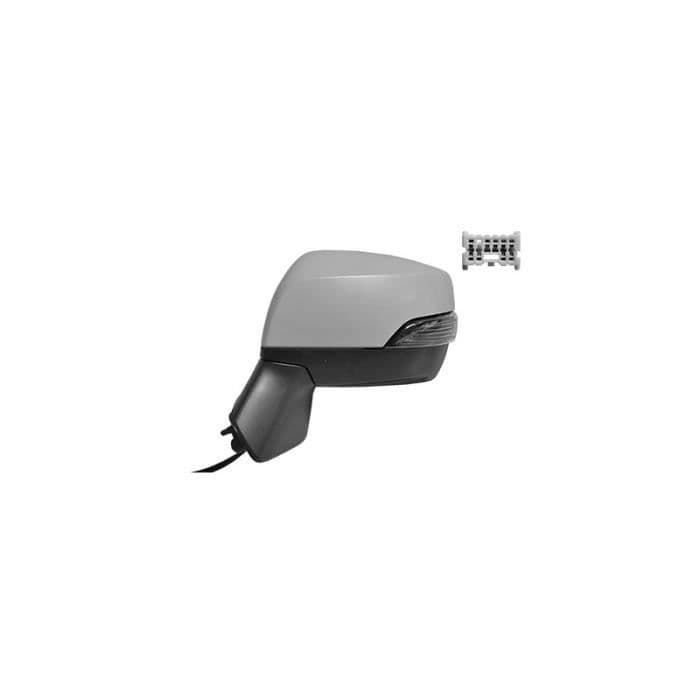Targeted Cancer Imaging: Design and Synthesis of Nanoplatforms based on Tumour Biology reviews and categorizes imaging and targeting approaches according to cancer type, highlighting new and safe approaches that involve membrane-coated nanoparticles, tumor cell-derived extracellular vesicles, circulating tumor cells, cell-free DNAs, and cancer stem cells, all with the goal of pointing the way to developing precise targeting and multifunctional nanotechnology-based imaging probes in the future. This book is highly multidisciplinary, bridging the knowledge gap between tumor biology, nanotechnology, and diagnostic imaging, and thus making it suitable for researchers ranging from oncology to bioengineering. Although considerable efforts have been conducted to diagnose, improve and treat cancer in the past few decades, existing therapeutic options are insufficient, as mortality and morbidity rates remain high. One of the best hopes for substantial improvement lies in early detection. Recent advances in nanotechnology are expected to increase our current understanding of tumor biology, allowing nanomaterials to be used for targeting and imaging both in vitro and in vivo experimental models.












